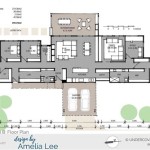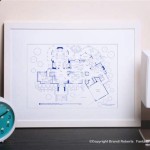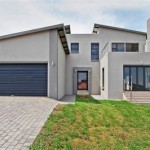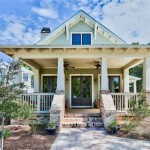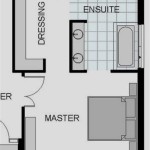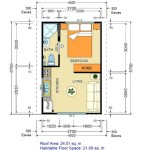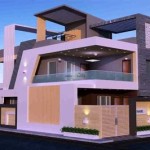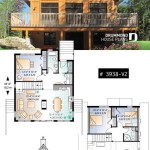Floor Plans of Regency Town Houses: An Architectural Journey through History
Regency town houses, a remarkable architectural heritage of the early 19th century, showcase a distinctive style and practical design. These grand residences, prevalent in London and other prominent British cities, continue to captivate architecture enthusiasts and homeowners alike. Exploring their floor plans uncovers the intricate details and functional characteristics that define these architectural gems.
The Ground Floor: A Welcoming Entrance
The ground floor of a Regency town house typically comprised a series of interconnecting reception rooms. The entrance hall, often featuring a majestic staircase, led into a sequence of grand drawing rooms, each designed for a specific purpose. These rooms were characterized by high ceilings, large windows, and intricate moldings, creating an atmosphere of both elegance and grandeur.
The First Floor: Private Quarters
Ascending to the first floor, one would encounter the private quarters of the house. The principal bedroom, a spacious and well-appointed sanctuary, occupied a prime position. Adjoining it were dressing rooms and, in some cases, private sitting rooms. Additional bedrooms for family members and guests were also located on this floor.
The Second Floor and Above: Practical Spaces
The second floor and above were primarily designated for practical purposes. Servant quarters, typically located on the top floors, ensured close proximity to master bedrooms. Nurseries, playrooms, and additional bedrooms were also commonly found on higher levels. These spaces were designed with functionality and efficiency in mind.
The Basement: Utilitarian and Essential
The basement, often spanning the entire footprint of the house, served a vital utilitarian role. Kitchens, pantries, and laundry rooms were discreetly concealed below ground level. Storage areas and servants' quarters were also situated in the basement, providing ample space for the day-to-day operations of a large household.
The Rear Wing: Discreet Annex
Many Regency town houses featured a rear wing, a discreet addition that extended from the main structure. This wing typically housed the stables or coach house, allowing carriages and horses to be accommodated within the property. The rear wing also provided additional space for service areas, such as laundry or storage.
External Features: Architectural Elegance
Regency town houses were not only defined by their internal layout but also by their striking external features. Many boasted elegant stucco facades, intricate ironwork balconies, and grand porticos. The use of pilasters, pediments, and cornices added a touch of architectural grandeur to these stately residences.
Conclusion: Enduring Charm and Functionality
The floor plans of Regency town houses embody the architectural brilliance and practical sensibilities of their era. These residences not only served as grand living spaces but also provided ample room for household activities and staff. Their enduring charm and functionality continue to inspire architects and homeowners today, demonstrating the timeless appeal of these architectural treasures.

Regency Reader Questions The Withdrawing Rooms How To Plan Georgian Townhouse House Plans

The Architect Regency Town House

A Tour Of The Regency Town House

Pin By Элла On Планировки Georgian Townhouse Floor Plans How To Plan

Original Architectural Drawing The Regency Town House

Chapter Ii Large Town Houses Mansion Floor Plan Plans Vintage House

Chapter Ii Large Town Houses Architectural Floor Plans Luxury House Regency Architecture

Townhouse 2 Bed Apartment Regency Park Apartments

Each Box Is A Diffe Level Of What Now Known As The Georgian House In Edinburgh It Was Design Regency Architecture Architectural Floor Plans

Buy A Busby Drawing The Regency Town House

